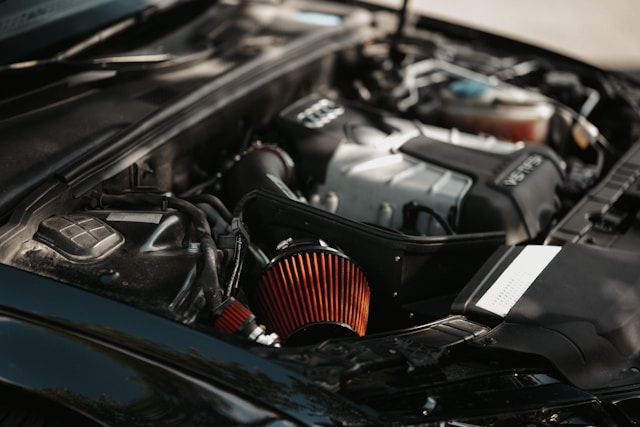
Even the most cautious drivers can find themselves involved in accidents where fault is disputed. In such situations, dash cam footage can provide crucial, unbiased evidence, clearly identifying the responsible party.
If you’re considering the benefits of a dash cam, this guide will offer valuable insights. We’ll explore the functions of dash cams, discuss their advantages and disadvantages, and examine their potential impact on car insurance. Let’s delve into the details.
Understanding Dash Cams
Dash cams are in-vehicle recording systems that capture video and audio of your driving experiences. Upon ignition, these devices begin recording.
Their primary advantage lies in providing irrefutable evidence in the event of an accident, potentially proving your innocence. Due to storage limitations, dash cams overwrite older footage, necessitating timely transfer of crucial recordings. Features vary across models, with some offering parking mode activation upon impact, GPS tracking, speed monitoring, and low battery consumption.
Three main dash cam types exist:
- Front View: These record the road ahead and are typically the most affordable.
- Front and Rear View: These capture both forward and rear traffic, vital for documenting rear-end collisions.
- Interior and Exterior View: These record both inside and outside the vehicle, often preferred by taxi drivers for passenger monitoring.
This breakdown clarifies the purpose and types of dash cams available.
The Benefits of Investing in a Dash Cam
Dash cams are increasingly popular among drivers, with a significant portion recognizing their value. Here’s why you should consider installing one:
Clear Evidence in Accidents:
- Eliminate “he said, she said” scenarios by providing irrefutable video evidence in accidents or incidents.
- Dash cam footage can be used in court to prosecute dangerous drivers.
Promotes Safer Driving Habits:
- The knowledge of being recorded encourages more responsible driving behavior.
- Dash cams can help report potentially dangerous drivers to the police through national safety portals.
Combats Insurance Fraud:
- Protect against “crash for cash” schemes by providing evidence of deliberately caused accidents.
- Footage can disprove fraudulent injury claims.
24/7 Vehicle Monitoring:
- Deter theft and vandalism with dash cams featuring standby modes.
- Capture evidence of incidents occurring while your car is parked.
Valuable for Driving Instruction:
- Driving instructors can use footage to review lessons, demonstrate test routes, and highlight key driving scenarios.
- GPS functionality aids in navigation and emergency location services.
Investing in a dash cam offers numerous advantages, from providing crucial evidence in accidents to promoting safer driving practices and protecting against fraud.
Considerations Before Buying a Dash Cam
While dash cams offer benefits, there are potential drawbacks to weigh before purchasing.
Risk of Self-Incrimination:
- Dash cam footage can be used against you in court if you’re deemed at fault in an incident.
- Law enforcement can legally seize your dash cam for evidence.
Legality Varies by Country:
- Dash cams are banned or restricted in several European countries, including Austria, Portugal, and Luxembourg.
- Countries like Germany and France allow private use but have restrictions on public sharing.
- Even within the US, laws differ by state.
Limited Theft Deterrence:
- Dash cams may not prevent determined thieves, who could simply remove them.
- High-quality dash cams can be expensive.
Potential High Costs:
- Quality dash cams can be costly.
- Budget models may produce unusable footage.
Data Protection Concerns:
- Recording public spaces raises privacy issues.
- Sharing footage online can lead to data protection violations and hinder investigations.
Insurance Considerations:
- While dash cam footage might aid insurance claims, it’s not a guaranteed solution for lower premiums.
Carefully evaluate these factors before deciding if a dash cam is right for you.
Dash Cams and Insurance Considerations
For added security on the road, a dash cam is a worthwhile investment. While there are minor drawbacks, the benefits, such as providing evidence in accidents, often outweigh them. Consider a dash cam as a tool that complements your defensive driving and hazard perception skills.
If a dash cam isn’t your preference, explore other options to reduce insurance costs. Telematics, or black box insurance, allows insurers to monitor your driving and offer discounts for safe driving habits. Alternatively, research tips for obtaining affordable car insurance.


